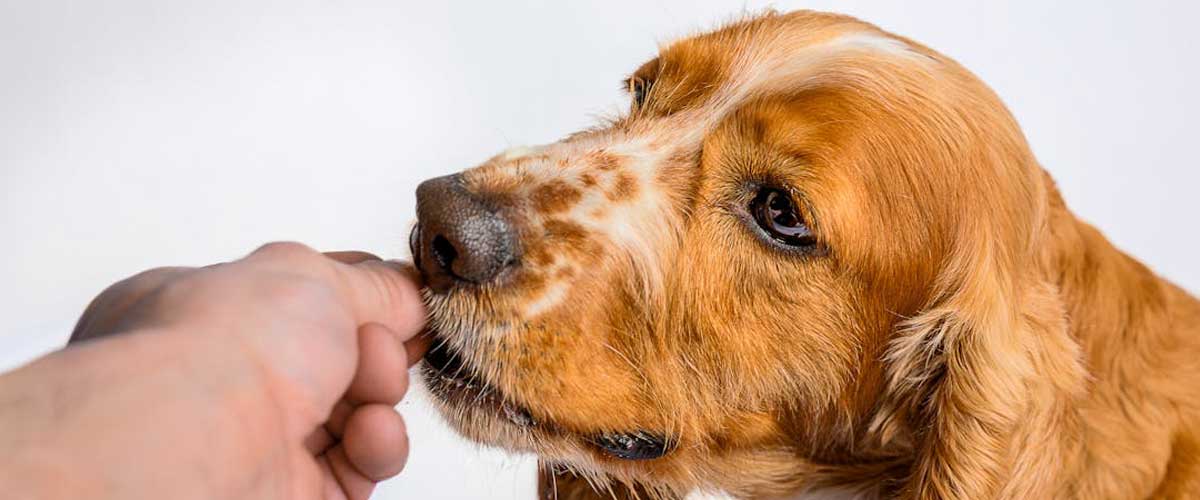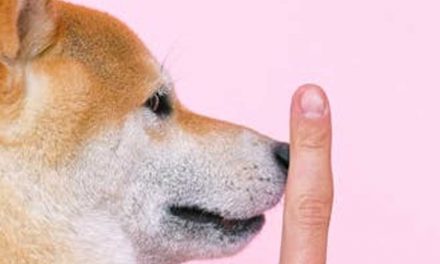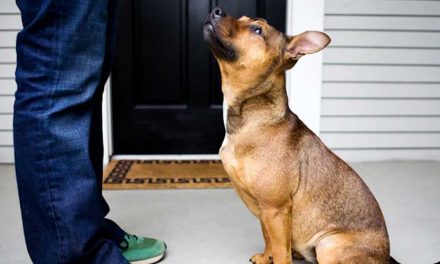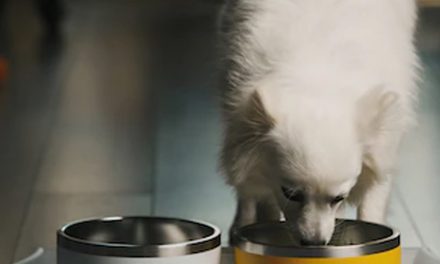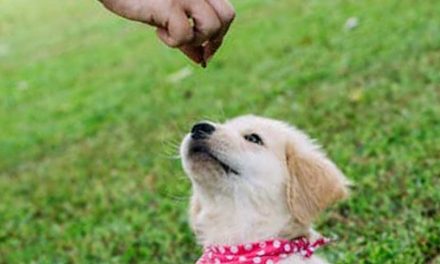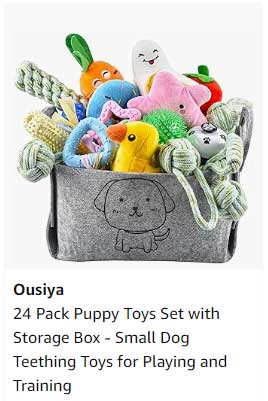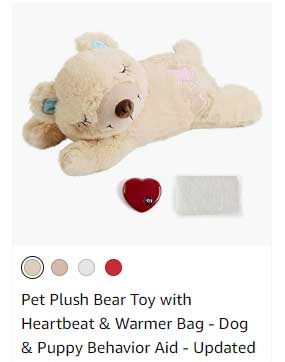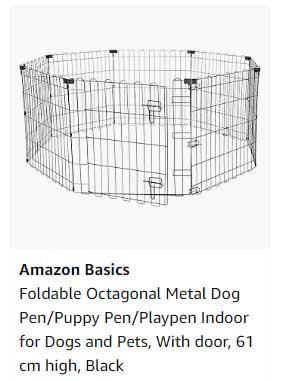Dogs are known for their unyielding loyalty and love towards their owners.
Many pet owners have often wondered if their furry friends experience emotions similar to those of humans, particularly jealousy.
The question arises: Do dogs get jealous?
While it may seem like a human notion, research and behavioral observations suggest that dogs do have a capacity for jealousy.
Understanding Canine Emotions Dogs are pack animals by nature, and their social structures rely heavily on relationships and hierarchies.
This innate social behavior can influence their emotional responses.
When a dog’s bond with their owner is jeopardized by the presence of another pet or even a new person, they may exhibit behaviors that reflect jealousy.
Signs of Jealousy in Dogs
Signs of jealousy in dogs can vary from one animal to another, but common behaviors include:
1. Attention-Seeking:
When a dog feels threatened by another pet or person, they may try to regain their owner’s attention through barking, whining, or nudging.
2. Aggression:
In some cases, jealousy can lead to aggressive behavior, particularly if a dog perceives another pet as a rival.
3. Manipulation:
A dog may push their way in between their owner and another pet or even act out in front of visitors to reclaim their position.
4. Destructive Behavior:
Some dogs may resort to chewing or damaging furniture when they feel neglected or overlooked.
5. Withdrawal:
Conversely, a dog may distance themselves from the situation, showing signs of sadness or anxiety.
Research Insights
A study conducted by researchers at the University of California, San Diego, examined how dogs reacted to their owners interacting with a stuffed animal versus a real dog.
The results indicated that dogs displayed jealous behaviors when their owners interacted with the stuffed animal, such as pushing it away or trying to get between their owner and the toy.
This suggests that dogs possess an understanding of social relationships and can feel a sense of rivalry.
Factors Influencing Jealousy
Several factors contribute to a dog’s potential for jealousy:
Previous Experiences:
Dogs that have experienced sudden changes in their environment, such as the arrival of a new pet, are more likely to display jealousy.
Socialization:
Well-socialized dogs are often better adjusted and may show less jealousy than those that have had limited exposure to other animals or people.
Individual Personality:
Just like humans, dogs have unique personalities. Some may be more possessive and prone to jealous behaviors than others.
How to Manage Jealousy in Dogs
To help a jealous dog adjust, consider the following strategies:
1. Equal Attention:
Ensure that all pets receive equal attention, including playtime and affection.
2. Training:
Reinforce positive behaviors through training.
Teaching your dog commands and rewarding them can help build their confidence.
3. Gradual Introductions:
When introducing a new pet or person, do so gradually to minimize feelings of jealousy.
Allow your dog to familiarize themselves with the new addition slowly.
4. Seek Professional Help:
If jealousy leads to aggressive behavior, it may be beneficial to consult a professional dog trainer or behaviorist.
Conclusion
While the emotional world of dogs may never fully mirror our own, evidence suggests that they can indeed experience feelings akin to jealousy.
Understanding these emotions can help us create a more harmonious environment for our pets and foster deeper bonds with them.
Remember, with love, attention, and care, most cases of jealousy can be managed effectively, allowing for a happy and balanced household for both pets and owners alike.

